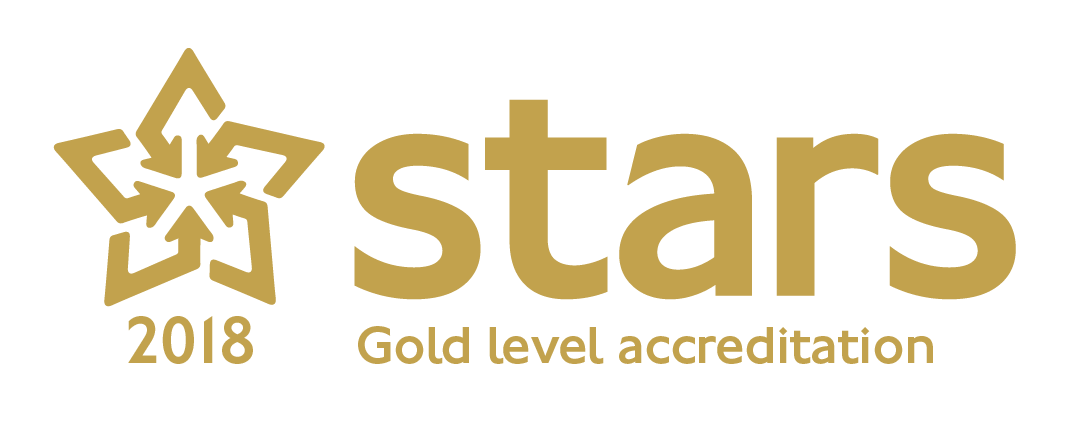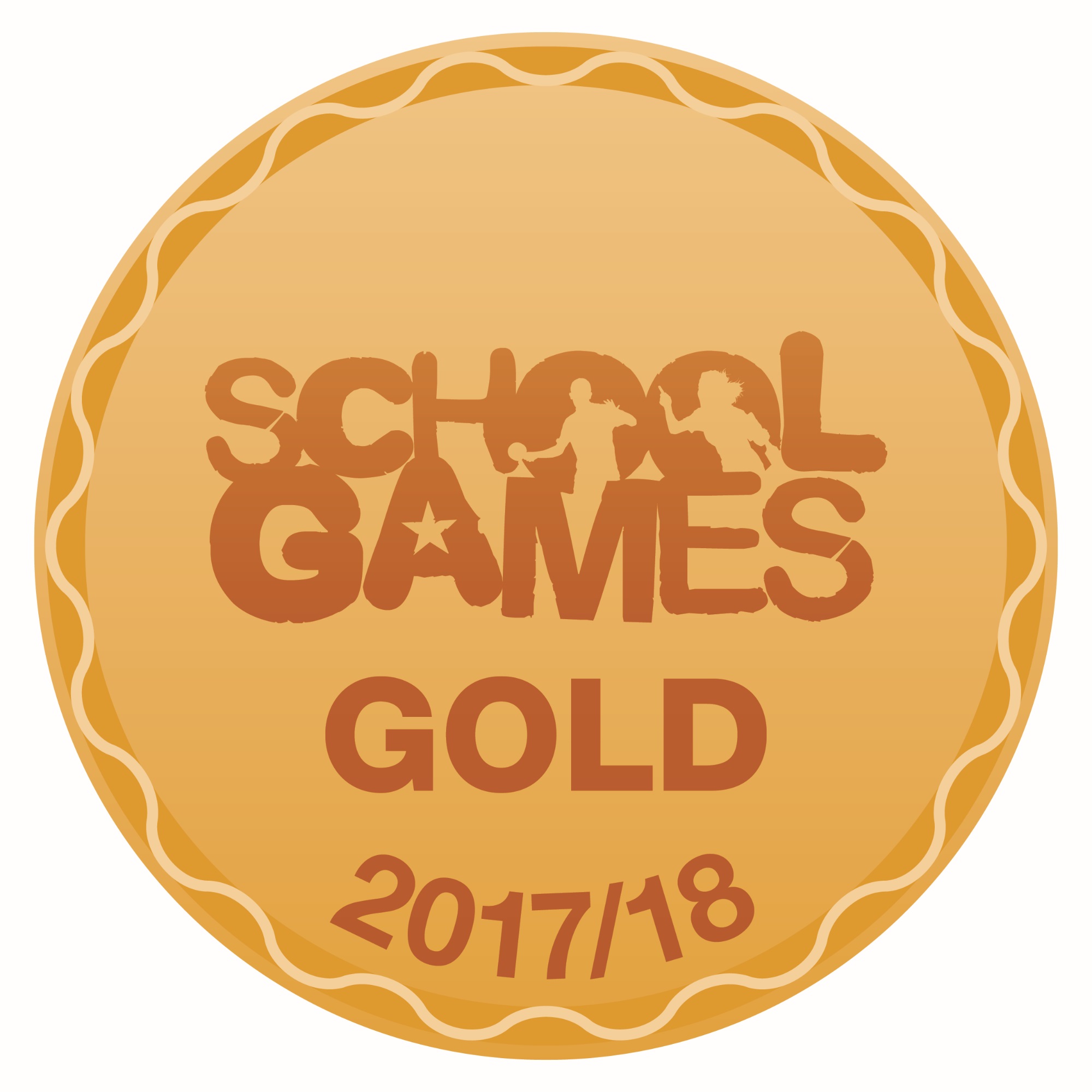5 Cedar and Mahogany
Year 5 Autumn 1 Overview
During this half term, pupils will challenge themselves with exciting new topics and creative learning opportunities across the curriculum. Here is what we will be focusing on:”
English: Mythologica
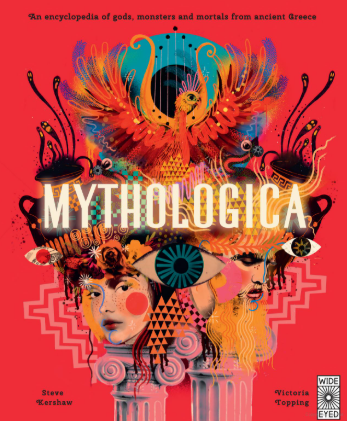
This term, we will be exploring the fascinating world of Mythologica, a book all about the Greek gods and goddesses. Our writing will have two clear purposes. To entertain, pupils will retell myths of famous Greek gods, including the myth of Hades and Persephone, bringing the characters to life with powerful vocabulary and descriptive detail. To inform, pupils will take on the role of the gods themselves by creating fact files. A highlight will be researching and writing an informative fact file all about the hero Theseus, explaining his adventures and why he is remembered in Greek mythology. Through this unit, children will develop their writing skills for different purposes and audiences: writing creatively to entertain their peers, and writing clearly to inform others.
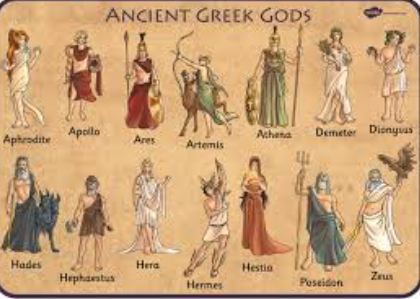
Maths
This half term, Year 5 will be focusing on developing their understanding of place value and improving their skills in addition and subtraction.
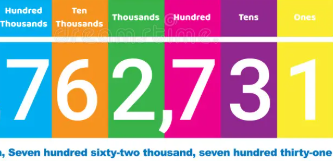
In our place value topic, pupils will learn to read, write, order, and compare numbers to at least 1,000,000, understanding the value of each digit. They will also read Roman numerals up to 1,000 (M) and recognise years written in Roman numerals. Building on this, pupils will round numbers up to 1,000,000 to the nearest 10, 100, 1,000, 10,000, and 100,000, and interpret negative numbers in real-life contexts. These skills will be applied to solving a range of problems and practical challenges. They will also count forwards and backwards with positive and negative whole numbers, including through zero.
In our addition and subtraction topic, pupils will practise adding and subtracting whole numbers with more than four digits using formal written methods such as columnar addition and subtraction. They will also develop strategies to add and subtract mentally with increasingly large numbers. Pupils will then apply these skills to solving multi-step problems in context, deciding which operations and methods are the most efficient. They will also solve problems involving addition, subtraction, multiplication, and division, and explore how to use the equals sign correctly in a variety of contexts.
Science: Properties and Changes of Materials
In Science, we will be finding out about materials and how they change. Pupils will explore the properties of materials, such as solubility, and investigate how mixtures can be separated using filtering, sieving, and evaporating. They will also study reversible changes, such as dissolving and changes of state, as well as irreversible changes, including chemical reactions that create new materials.
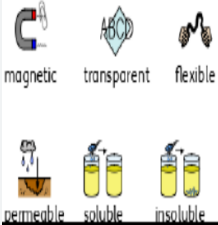
History: Ancient Greece (1400-146BC)
Pupils will explore the contributions of Ancient Greece to art, philosophy, democracy, and science. They will learn about the different city-states such as Athens and Sparta, each with its own government and culture. Pupils will investigate key events like the Persian Wars, examine the impact of important figures including Alexander the Great and philosophers such as Socrates, and study sources such as ancient texts and artefacts. Pupils will also compare Ancient Greek life with their own, highlighting the lasting legacy of this influential civilisation.
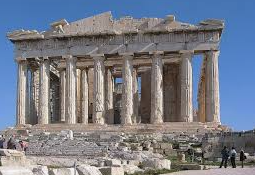
R.E : Ontology and Dharmic Views of Reality 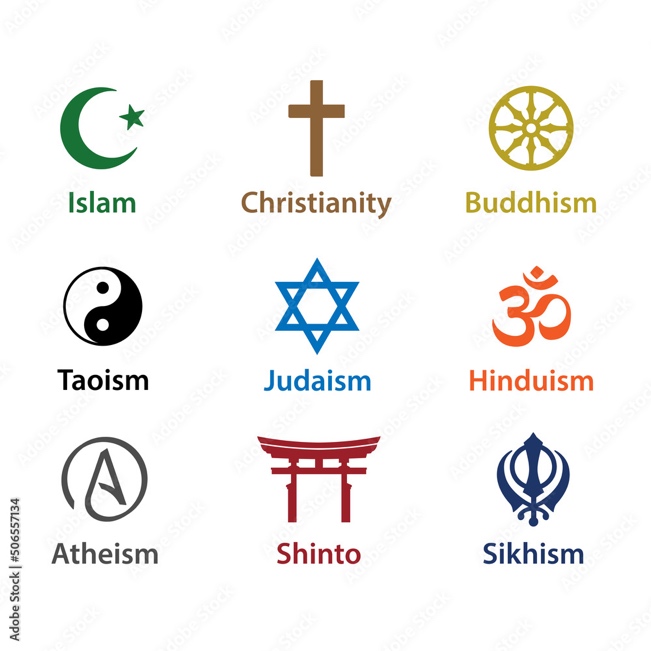
In R.E. pupils will explore big philosophical questions around ontology – the nature of reality. They will investigate how Dharmic religions (including Hinduism, Buddhism, and Sikhism) understand the nature of life, existence, and the universe. Through discussion, reflection, and comparison with other belief systems, pupils will deepen their thinking about different worldviews and develop their ability to express thoughtful opinions with respect. They will explore different ideas of a higher being from a Dharmic point of view, and discuss the complex nature of higher beings within these worldviews – for example, dualistic symbolism linked to Hindu deities. As part of this work, pupils will consider how these different perceptions of ultimate reality influence the way people live their lives. Finally, they will be encouraged to reflect on their own personal views and questions about the existence of a higher being, making links to what they have learned about Dharmic traditions.
I PSHE: Mental Health and Wellbeing
Personal Safety: Self-Respect and Personal Goals: Being Left Out: Stereotypes and Diversity:
This half-term, our PSHE focus will be on promoting healthy minds and healthy living. Pupils will learn how to care for their mental health, stay safe online and offline, set personal goals with self-belief, and understand exclusion and empathy. They will explore stereotypes and celebrate diversity.

Art 🎨
In Art this term, Year 5 will be focusing on Painting and Mixed Media. Pupils will investigate self-portraits created by a range of artists, including Rembrandt, Van Gogh, Frida Kahlo, Chila Kumari Singh Burman, and Njideka Akunyili Crosby. Using photographs of themselves as a starting point, they will experiment with different media and techniques to create their own unique self-portraits, developing both their creativity and their understanding of how artists express identity.
Computing: Systems and searching
In Computing this term, Year 5 will be learning about Systems and Searching. Pupils will explore how IT systems are used in the world around us and begin to understand how some of these systems enable searching on the internet. They will develop their knowledge of how search engines work and how to use them effectively and safely.
We’re looking forward to a fun-filled term full of learning, creativity, and personal growth!




